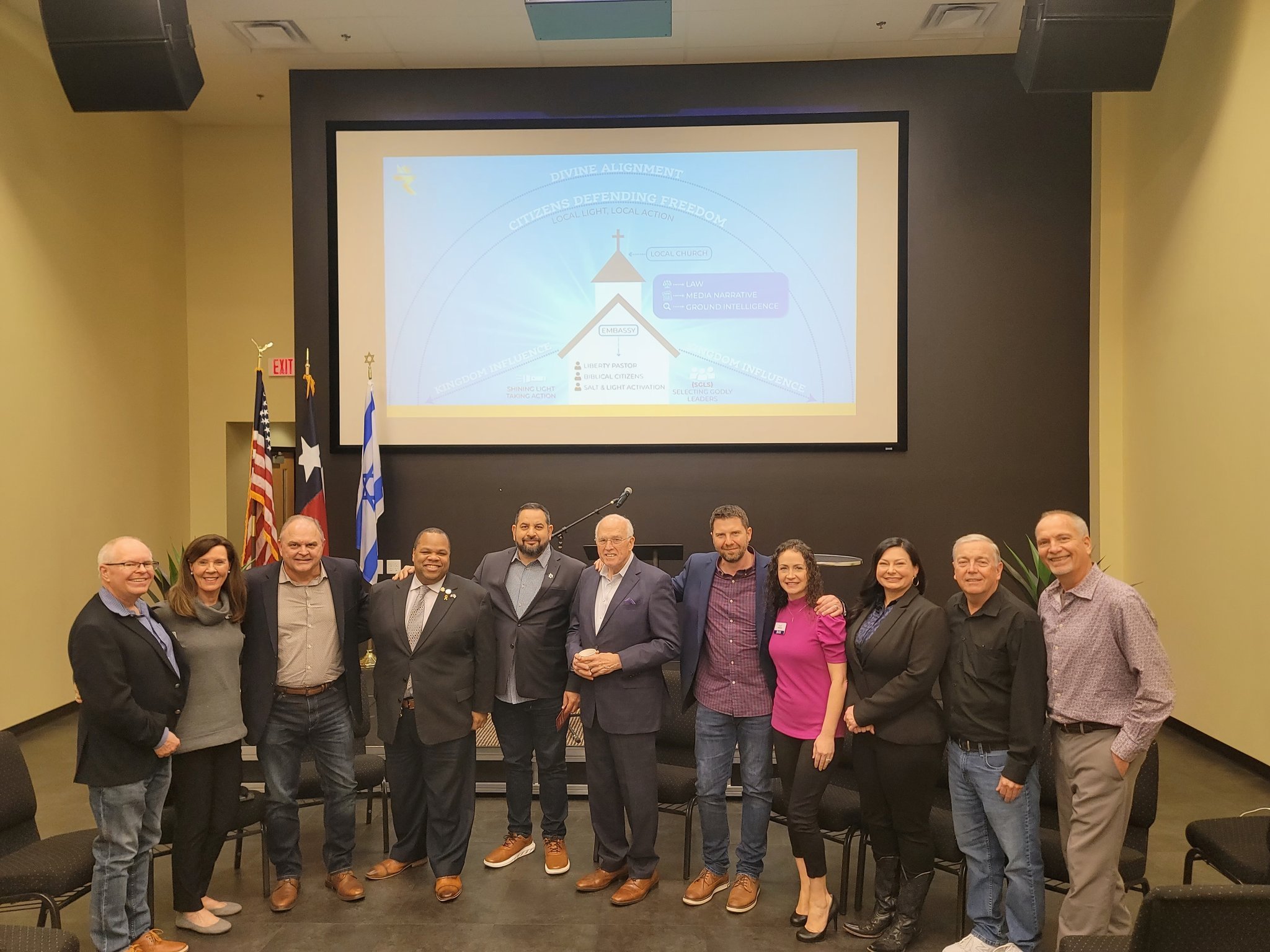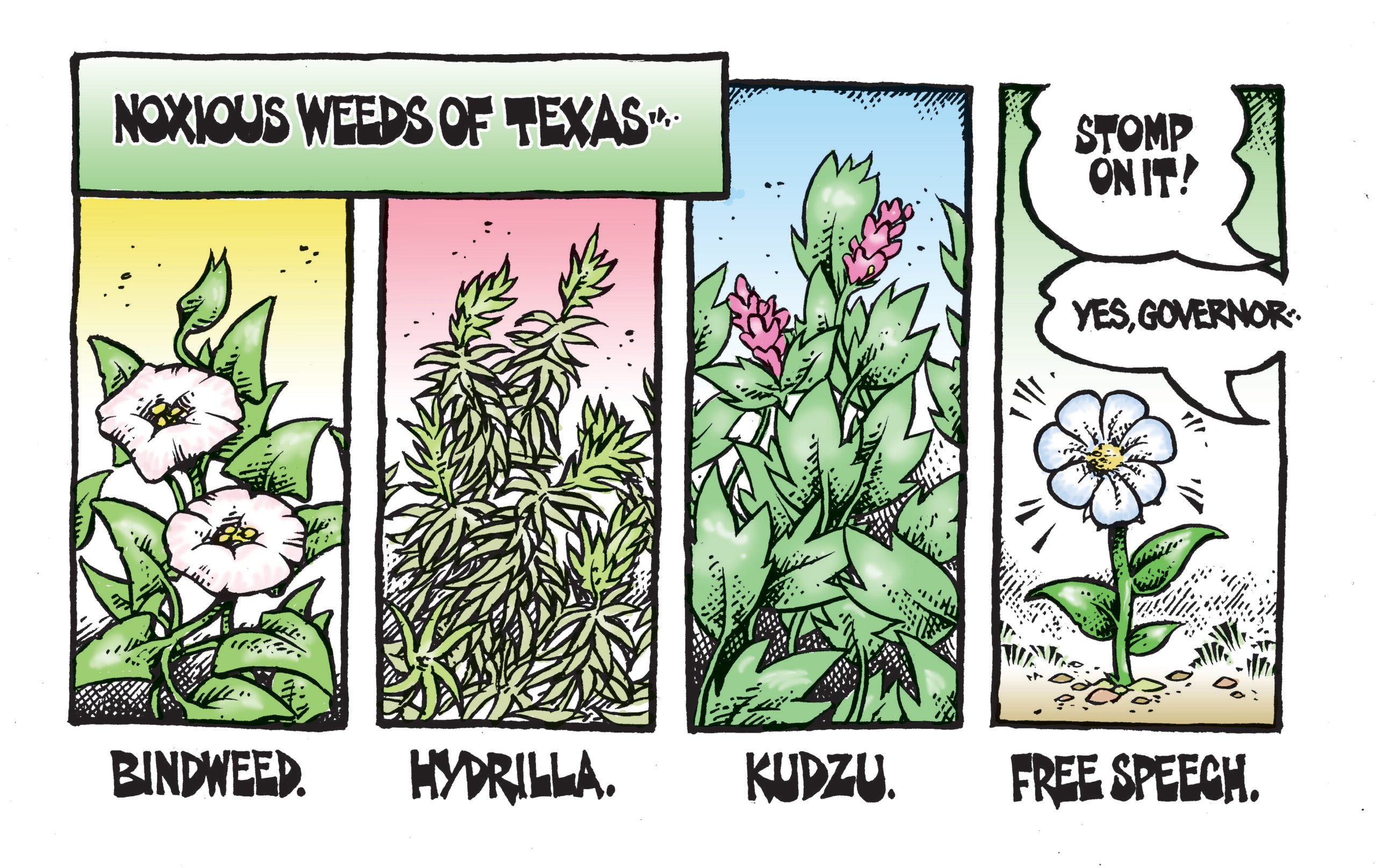ustxtxb_obs_2003_11_21_50_00006-00000_000.pdf
Page 30
“revoked” at the top and summarizing the rest. “I’ll just shoot myself if I can’t drive,” he said, prompting Meg to hastily run to the bedroom to hide in her clothing the old .22 that was propped in the corner. She exited my parents’ house like Chester in Gunsmoke, dragging the leg that would not bend for the length of the rifle, never stopping to check whether the chamber was loaded. That evening I was deliberately late in arriving at my parents’ house to take them to Mass. I told my Dad that we were out of time and that I hadn’t brought my key to his car. He said I could use his key, but only if I gave it back when we returned. I knew this was my opportunity to take away his only other set of keys. He would later call me a liar for not returning the key; Meg would be called a thief for taking the old .22 out of their house. To an Alzheimer’s caregiver this is called therapeutic lyingdo what you have to do, say what you have to say. A couple of days later, Dad calmed down and told us with dignity and a tight upper lip, “This is the way it has to be,” which made for another round of high-pitched emotion as we understood the weight of his acceptance of the new plan. The driver’s license issue is settled but somehow not forgotten. Only yesterday he asked Meg if she would help him get a car. When she declined, he became angry. Angry with her, he’ll forget he’s been angry with me because I also said no. Then it will be her turn again. And so it goes. This afternoon he asked his stockbroker to help him get a car. When I think of this processthis downward spiral of the mind while the will persiststhat sometimes moves mercifully fast and other times arduously, painfully slowly, I contemplate the functions that have fallen from my father’s judgment to ours. Asserting control over his life has seemed unnatural and out of the order we assume our lives should follow. A sense of humor is one of our most vital survival tools. After the crying, you need to laugh a little. And we doat the smart Armani clothes and leather goods he came home with when he was last mobile and still knew how credit cards worked; at Meg limping out of the house with a rifle in her clothes; at our becoming our father’s sons; and at his 30-year reference point for everything. “I haven’t had this \(guacamole, calabacita, ice 0 nce a man, twice a child. Over my lifetime, I’ve heard the dicho so many times, but only now that my father is ill do I comprehend the colloquialism in full. There is a way my sister and I feel when we walk together from our father’s house. It is sometimes the frailty of him that tears away at our composure, the need he has to tell us something in a vocabulary now pared down by the escalation of the disease, the struggle he has made to articulate what he feels but for which he no longer owns the words. Other times it is understanding that he hasn’t a clue who we are or that what we have talked about has no meaning beyond the moment in which the words were spoken. This in stark top: Amanda and Jose Maria Guerra Sale Barn, Rio Grande City 2000 bottom: Jose Maria Guerra 1940 6 THE TEXAS OBSERVER 11/21/03


